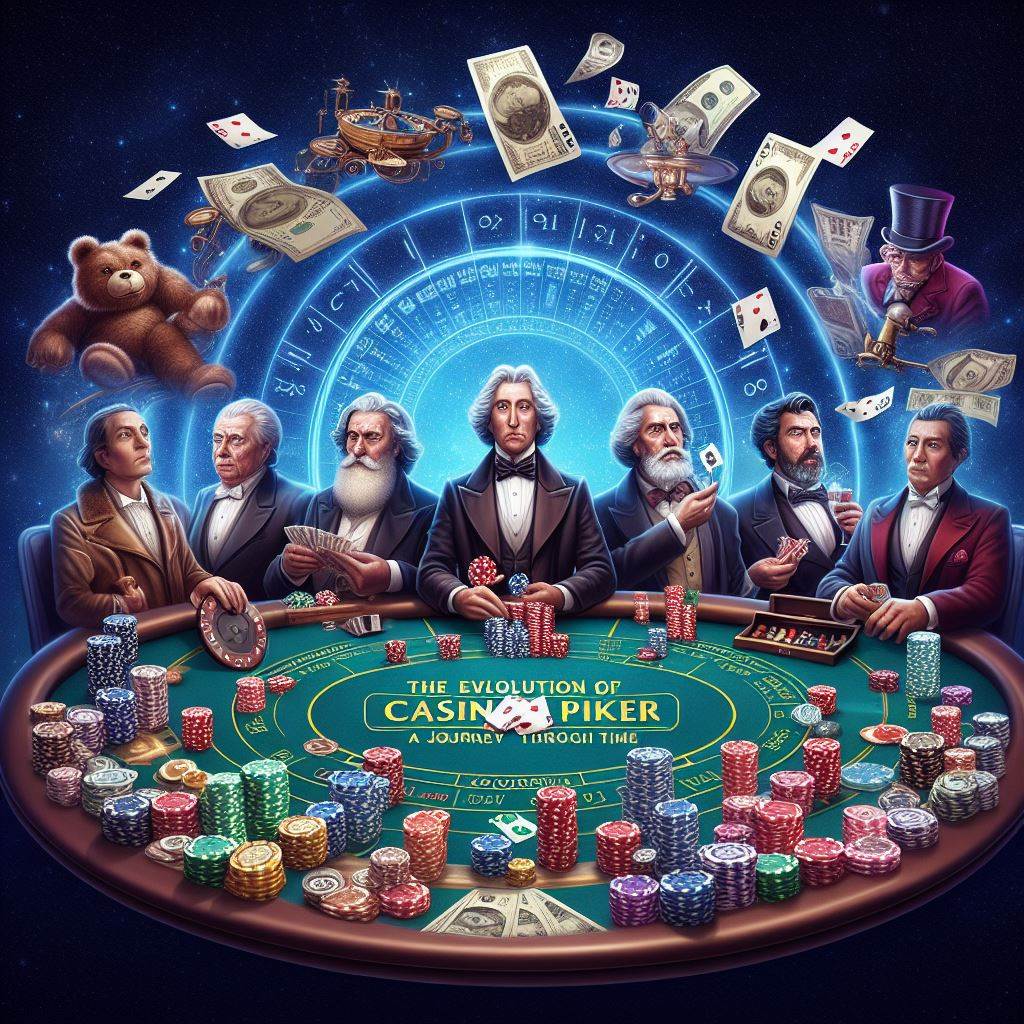Basic Strategy is a chart or set of rules that tells you the mathematically best decision (hit, stand, double down, split) in blackjack, given your hand and the dealer’s up‑card. It doesn’t guarantee winning every hand, but it minimizes the house edge over many hands.
Origins: The Four Horsemen & Ed Thorp
In the 1950s, mathematicians Roger Baldwin, Wilbert Cantey, Herbert Maisel, and James McDermott (the so‑called “Four Horsemen”) computed basic strategy tables using desk calculators. Later, Edward O. Thorp refined these approaches; his famous 1962 book *Beat the Dealer* introduced card counting, and validated many of the basic strategy decisions via simulations.
How Basic Strategy Works
The strategy depends on several factors: number of decks used, whether dealer hits or stands on soft 17, whether doubling after splitting is allowed, payout for blackjacks, etc. For example, when you have a hard 16 vs dealer’s 10, basic strategy often says to hit (or surrender in some casinos) rather than stand, because the chances of improving your hand somewhat outweigh the bust risk.
Examples of Key Strategy Decisions
- Always split aces and eights.
- Never split tens (or face cards).
- Double down on 11 when the dealer shows a low card (2‑10).
- Stand when you have hard 12‑16 if the dealer’s up‑card is weak (2‑6). :contentReference[oaicite:5]{index=5}
How Much It Helps
By using basic strategy, a player can reduce the house edge to well under 1% in many blackjack rulesets (sometimes ≈ 0.5% or less), depending on favorable rules. Without strategy, the edge might be several percent. Learning correct decisions for every possible hand is key.
Challenges in Applying Strategy
Factors like casino rules (number of decks, payouts, dealer behavior), distractions, emotional play, and mis‑remembering the strategy can reduce effectiveness. Also, sometimes tempting side bets or promotions lure players into suboptimal plays. Being disciplined is essential.
Conclusion
For anyone serious about blackjack, mastering basic strategy is the foundation. It doesn’t promise big wins every session, but it makes long‑term losses much smaller, and sometimes even gives the player a chance when combined with other advantage techniques.

